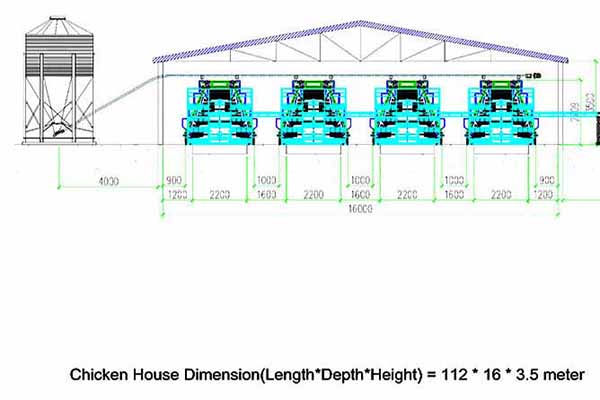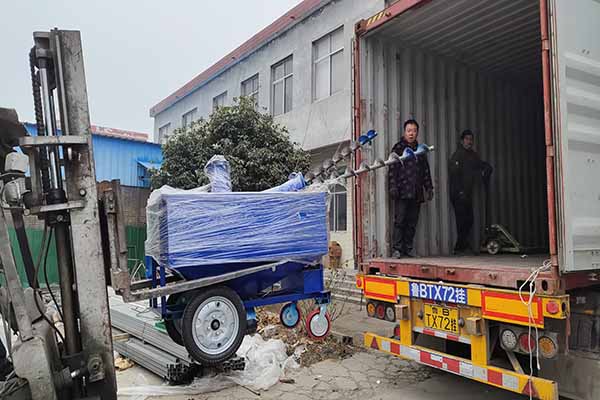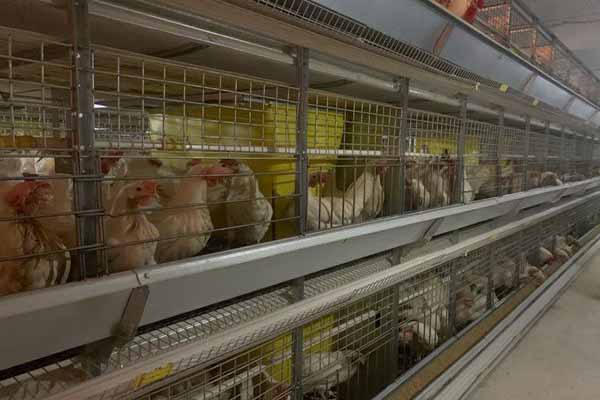Import Customs Clearance Process for Chicken Farm Equipment in Kenya
Time : 2025-07-01
Importing chicken farm equipment into Kenya requires a thorough understanding of the customs clearance process. This article aims to provide a comprehensive guide on how to navigate this process efficiently and professionally, ensuring that your equipment arrives in Kenya without unnecessary delays or complications.
Introduction to Chicken Farming in Kenya
Chicken farming is a vital sector in Kenya’s agriculture industry, contributing significantly to food security and economic growth. With the increasing demand for poultry products, the need for modern, efficient chicken farm equipment has surged. This section will briefly introduce the chicken farming landscape in Kenya and the importance of importing high-quality equipment.
Kenya’s chicken farming industry has seen substantial growth over the past decade, driven by factors such as urbanization, increasing consumer demand for poultry products, and government initiatives to promote agriculture. As a result, the industry has witnessed a shift towards modern, technology-driven farming practices.

Understanding the Import Process
The import process for chicken farm equipment in Kenya involves several key steps, including documentation, customs clearance, and compliance with local regulations. This section will delve into each of these steps in detail.
Documentation
P roper documentation is crucial for a smooth customs clearance process. The following documents are typically required:
roper documentation is crucial for a smooth customs clearance process. The following documents are typically required:
- Bill of Lading: This document serves as evidence of the contract of carriage between the shipper and the carrier. It includes details such as the description of goods, quantity, and weight.
- Commercial Invoice: This document lists the items being imported, their values, and the terms of sale. It must be in English and should match the information on the bill of lading.
- Customs Declaration: This form provides details about the goods being imported, such as their description, quantity, and value. It must be filled out accurately and submitted to the customs authority.
- Import Permit: Depending on the type of equipment, you may need an import permit from the relevant government department.
- Health Certificate: If the equipment is related to animal health, a health certificate may be required to ensure that it does not pose a risk to Kenya’s animal population.
- Technical Specifications: Detailed technical specifications of the equipment, including dimensions, weight, and power requirements.
Customs Clearance
Once all the necessary documentation is in order, the customs clearance process can begin. This involves the following steps:
- Submission of Documents: All required documents are submitted to the customs authority for review.
- Payment of Duties and Taxes: Importers are required to pay duties and taxes based on the type of equipment and its value. The rates vary depending on the Harmonized System (HS) code assigned to the equipment.
- Physical Examination: The customs authority may conduct a physical examination of the equipment to ensure compliance with local regulations and standards.
- Release of Goods: Once all requirements are met, the customs authority will release the goods to the importer.
Compliance with L ocal Regulations
ocal Regulations
Compliance with local regulations is essential to avoid delays and penalties. This includes:
- Regulatory Standards: Ensure that the equipment meets Kenya’s regulatory standards for chicken farming equipment.
- Environmental Regulations: Adhere to Kenya’s environmental regulations, particularly if the equipment involves emissions or waste disposal.
- Health and Safety Regulations: Ensure that the equipment is safe to use and complies with Kenya’s health and safety standards.
Choosing the Right Importer
Selecting the right importer is crucial for a successful importation process. A reliable importer will handle all the necessary documentation, coordinate with customs authorities, and ensure timely delivery of the equipment. Consider the following factors when choosing an importer:
- Experience: Look for an importer with experience in importing chicken farm equipment into Kenya.
- Reputation: Check the importer’s reputation for handling imports efficiently and professionally.
- Services Offered: Ensure that the importer offers a full range of services, from documentation to customs clearance and delivery.
Conclusion
Importing chicken farm equipment into Kenya requires careful planning and adherence to the customs clearance process. By understanding the steps involved, ensuring compliance with local regulations, and choosing the right importer, you can ensure a smooth and successful importation process. This will not only help you meet your farming goals but also contribute to the growth of Kenya’s poultry industry.











